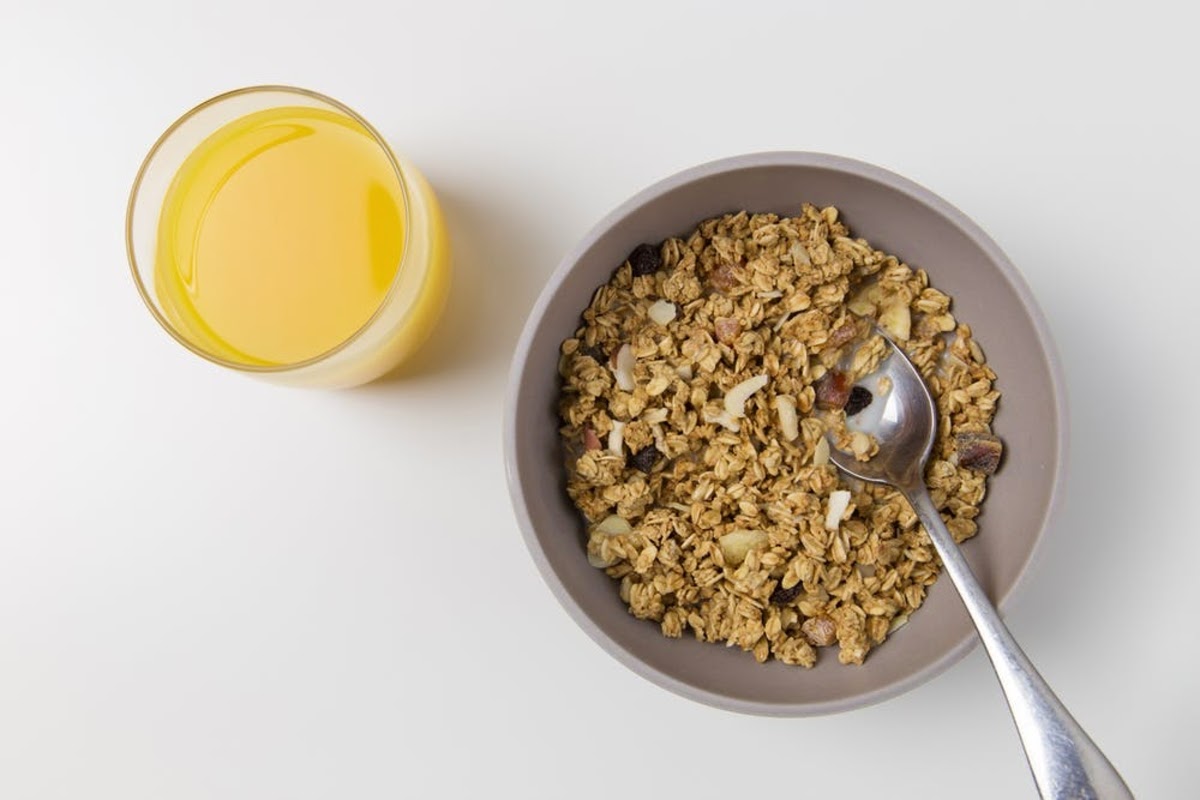Depression is a pretty serious mental health disorder. In fact it is one of the leading causes of disabilities for Americans below the age of 49. Yep, it’s that prevalent that it’s the leading cause of disability amongst young people. However, there are a whole wide variety of reasons that you might be feeling depressed lately. In this article we are going to take a look at how your diet, specifically your consumption of fiber, affects your mood and your depression.

Mental Health and Physical Health Are Intertwined
When One Falls Out of Rhythm, So Will The Other
Your mental health, in particular depression, is tied to your overall well being. This is because your mind and body are working as two synchronous systems to operate with the greatest level of efficiency. When your body is out of sync it can throw your mind out of sync. And when your mind is out of sync it can throw your body out of sync. They have to exist in the proper balance for you to have the greatest feelings of health and wellbeing.
This is why your diet is so important to your mental health. By eating correctly, and staying hydrated, you are better able to regulate your mental health because you will know that your emotions and feelings are not stemming from some physical need like low blood sugar or dehydration. By knowing your basic physical necessities are met you are able to narrow down the search for what is causing your depression.
In particular fiber plays an important role when making sure your depression isn’t caused by a dietary cause. This is because a high-fiber diet has been shown to lower inflammation. The reluctant reduction in inflammation might be key in altering neurotransmitter concentration that contribute to depression.

Many Treatments for Depression Have Unwanted Side Effects
It’s Better to Prevent Depression Than it is to Treat It
One of the major issues with depression is that it is so wide spread, but features such an unhealthy treatment avenue. While there is nothing inherently wrong with the standard procedure of psychotherapy and pharmaceuticals, the side effects from those pharmaceuticals are often worse than the depression they are meant to help combat. I had a mood stabilizer that basically made it impossible for me to feel any joy whatsoever. So it stabilized my mood into being entirely anhedonic and it was worse than my depression was in the first place. And I’m certainly not the only person who doesn’t enjoy the side effects associated with psychopharmaceuticals.
That’s why paying attention to your diet is so important when it comes to depression. You would much rather make a small change in your diet than go through the side effects that come from starting antidepressants or mood stabilizers. They can truly be pretty horrible and it’s a much better idea to take a look at your overall health before you start any new medication treatment.

The Link Between Fiber and Depression Is Not Fully Understood
But That Doesn’t Mean It’s Not Substantial
The link between fiber and depression is not fully understood. With some scientists believing that the fiber helps to regulate the release of neurotransmitters, and others believing it is the anti-inflammatory properties associated with fiber that lead to a lessening of depression symptoms. But it is clear that a diet high in vegetables and in fiber can lead to a lessening of depression symptoms. A healthy diet can actually significantly reduce symptoms of depression. This is a huge victory because you would much rather never have depression, then get depression and have to treat it. It is a much better option to eat more fiber than it is to eat a bunch of Prozac.
In fact researchers found that a higher dietary fiber intake is associated with a lower risk of reporting symptoms of depression overall. The study, after adjusting for variables that could impact the results, found that high fiber intake was associated with a lower risk of depression symptoms overall. This included double checking for things like household income, education level, marital status, their weight, their smoking habits, and even what kind of diseases they might have. Even after accounting for all of those different variables, it was still found that a diet high in fiber is associated with a lower risk of depression. Which means that eating plenty of fiber can help you to never develop depression in the first place.

The science behind why fiber is so consequential when it comes to depression isn’t entirely understood. What is understood is that a diet high in fiber, especially one high in fiber and in vegetables, is shown to significantly reduce the appearance of depression symptoms. This is because your body and your mind are in harmony with one another.
If you provide for your body with the appropriate nutrients it will provide your mind with all the resources it needs to function properly. When your brain is functioning properly it is much less likely to develop symptoms of depression. This is because depression itself is caused by the brain malfunctioning. Usually in the form of lower levels of neural activity, or in the form of structures in the mind miscommunicating. By providing your brain with the proper nutrients and resources you can make sure you are producing enough neural activity, and neurotransmitters, to keep your brain functioning healthily.
